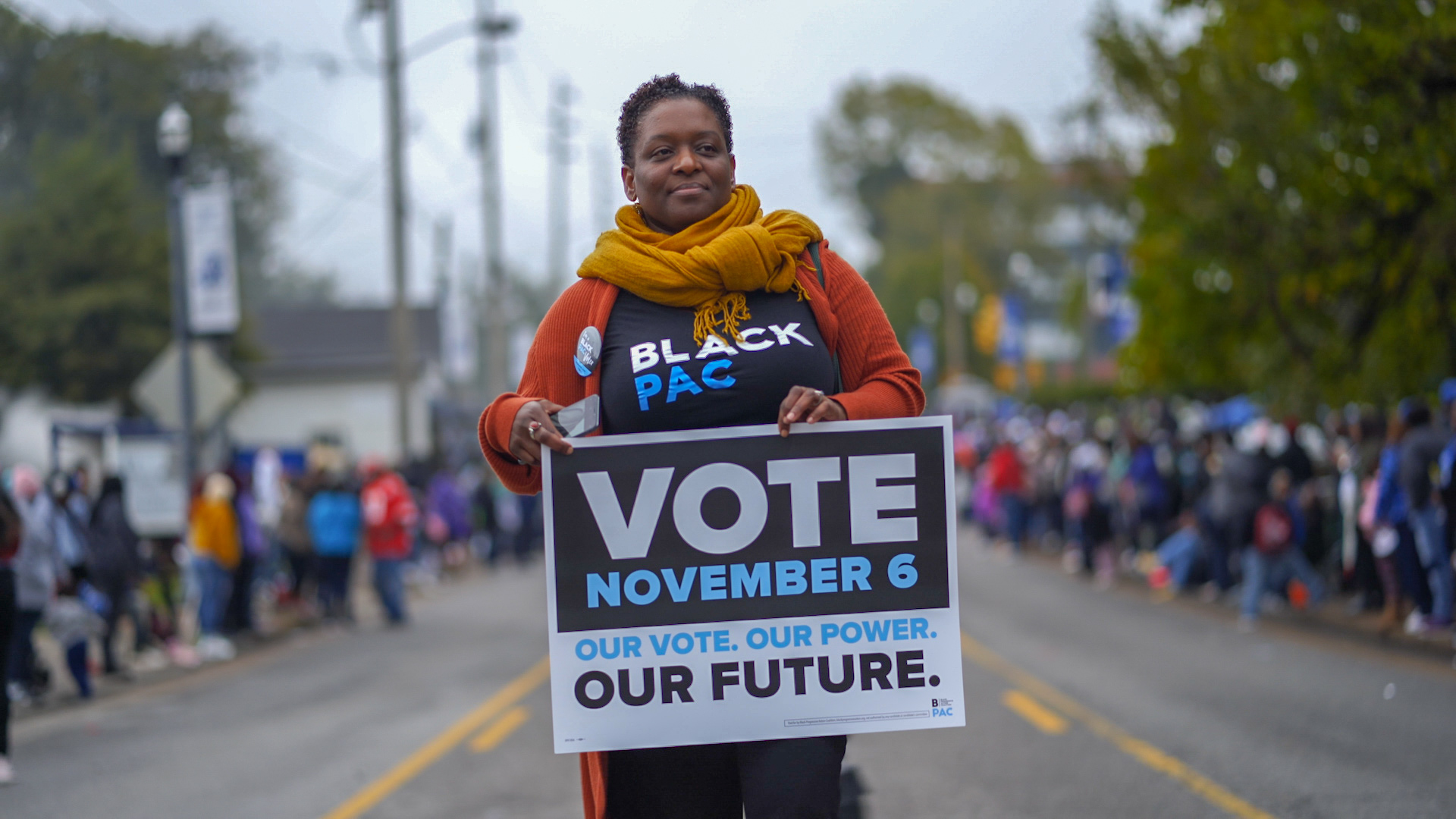The COVID-19 pandemic has wrought immense tragedy across our country, particularly for black Americans, who have faced a disproportionate rate of infection and mortality. The economic fallout could have generational implications. Yet in the face of this unimaginable crisis — which has left over 100,000 Americans dead and more than 30 million unemployed — Senate Major Leader Mitch McConnell (R-Ky.) has said he feels no “urgency” when it comes to additional legislation to address this crisis.
No urgency? Seriously?
McConnell’s cavalier attitude illustrates an important trend in our politics. It’s not just Donald Trump who has failed black Americans during the pandemic — the entire Republican Senate has failed us as well. In fact, black Americans are facing three simultaneous crises: a health crisis, that has killed and sickened more black people in the U.S. than almost any other demographic; an economic crisis, that has left one in two black adults out of work and families scraping by to survive; and the ongoing crisis of anti-black violence that has resulted in the largest civil uprising in nearly four decades.
Here are the facts: as the unemployment rate hit 14.7 percent last month, a leading economist estimated that black unemployment has reached 20 percent. While in the initial months of this crisis the overall number of business owners in the United States dropped by 22 percent, black small business ownership dropped more than 40 percent.
The gross negligence of the Republican majority in the Senate is leading to unnecessary hardships for people across the country, particularly black Americans. The House of Representatives passed another $3 trillion of much-needed relief to the American people that explicitly helps black workers and businesses by, for instance, requiring demographic reporting by the Small Business Administration on PPP loans black small businesses were cut out of the last round. Yet McConnell continues to stonewall.
But even predating this crisis, Republican senators have throughout history contributed to the structural forces that cause black communities to suffer so deeply when calamity strikes. Over the past four years alone, the Senate has passed into law a $1.5 trillion tax cut for corporations and the top 1 percent and confirmed nearly 200 federal judges, some of whom refused to commit to full enforcement of the Voting Rights Act and declined to say whether they believe Brown v Board of Education was correctly decided. The implications for our democracy — with federal judges who will not uphold voting rights and who equivocate on whether and how courts should address racial segregation — are perilous.
The only way we get out of the intertwined economic and health crises and make progress on eradicating centuries-old structural racism is for black voters to use their power to flip the Senate along with the White House.
Failing to flip the Senate means even if Americans put a President Biden in the White House, progressive policy dreams will continue to die on the floor of the Senate. It also means Republicans will continue their regular antics: trying again to gut the Affordable Care Act that has insured millions, confirming more far-right federal judges for lifetime appointments and continuing to reject legislation that aims to uplift America’s most vulnerable constituencies.
Democrats know how important retaking the Senate is, but it’s time to focus and take action on the ground. Looking at the Senate map, there are key states where Democrats are on the offensive: Arizona, Colorado, Maine, Georgia and North Carolina. There are also crucial defensive races in Alabama and Michigan that Democrats need to hold in order to take control of the chamber.
BlackPAC — the organization I lead — is working in key states where black voters will make the difference come November. This includes our work to educate, persuade and mobilize our communities to replace Republican Sen. Thom Tillis in North Carolina, where in 2016 black voters made up 20 percent of the electorate and where re-engaging the more than 100,000 black voters who sat out 2016 will make the difference. We’ll also be working to defend Democratic Sen. Gary Peters in Michigan, where black turnout fell 12 points in 2016 and where the margin in this race could be less than 5 percent.
In Arizona and Colorado, Latino voters can make the difference between sending Republican Sen. Martha McSally and Sen. Cory Gardner back to Washington to carry out Trump’s radical and divisive agenda or replacing them with senators who are committed to racial and economic justice.
And even in places like Iowa, where a poll last month found Sen. Joni Ernst only leading her Democratic challenger by 1 point, or Maine and Montana, where last month polls found Sens. Susan Collins and Steve Daines trailing their Democratic challengers by 9 points and 7 points respectively, a relatively small number of voters can make a major difference.
It will take the concerted effort of campaigns, grassroots groups and independent political organizations to marshal their resources toward authentic, sustained engagement and education so our voters know, with crystal clarity, what is at stake for black voters and other voters of color who will make up the margin of victory in key Senate battlegrounds.
In order to truly address structural racism and the demands of those we’ve seen protesting in our cities, we need to take on the systems and the leaders that nurture and enable it. Black voters have fueled every Democratic victory of the past three years, and the greatest opportunity to usher in an era of policy grounded in justice and equality still lies before us. The epicenter of this struggle is the United States Senate.
Read Adrianne Shropshire’s Op-Ed in The Hill: https://thehill.com/blogs/congress-blog/politics/503035-black-voters-need-a-new-senate-as-much-as-a-new-president


Recent Comments